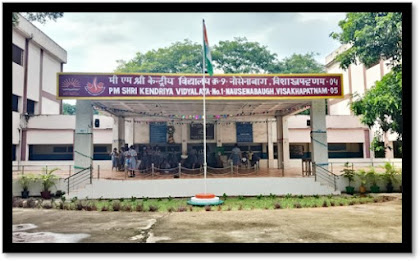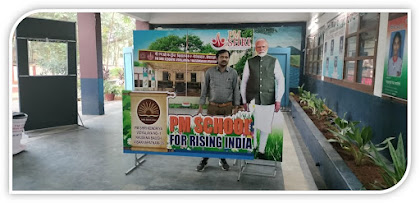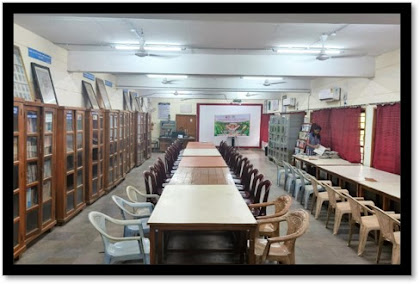What is a Green Library?
Definition from the IFLA ENSULIB Section
Environment means the surroundings or conditions in which human beings,
organizations, animals, or plants live and operate. Environments can be
natural, social, or cultural.
Sustainable development is development that “meets the needs of the present without
compromising the ability of future generations to meet their own needs” (Our
Common Future, Brundtland Report, UN).
Present environments are endangered by climate change and other threats
including social inequalities. All organizations should strive to protect the
environment through sustainable development. This includes all kinds of
libraries, which can play an active and significant role in sustainable
development.
A green and sustainable library is a library which
takes into account environmental, economic and social
sustainability. Green and sustainable libraries may be of any size, but
they should have a clear sustainability agenda which includes:
- Green
buildings and equipment: The
emissions, or carbon footprint, of the building and equipment are actively
decreased.
- Green
office principles:
Operational routines and processes are environmentally sustainable.
- Sustainable
economy:
Consumption is restrained, circular and sharing economy practices are
advanced and are made accessible to the community.
- Sustainable
library services: Relevant
and up-to-date information is easy to access for users, shared spaces,
devices, and environmental education is offered, and operations are
efficient. The library has a positive carbon handprint.
- Social
sustainability: Good
education, literacy, community engagement, cross cultural diversity,
social inclusion, and overall participation are considered. The library
works actively to reduce inequality.
- Environmental
management: Environmental
goals are SMART (Specific, Measurable, Achievable, Realistic and
Timebound), and the library works to decrease its own negative impact on
environment. The library’s environmental policy, its implementation and
the results of environmental work are communicated to a broader audience.
- Commitment
to general environmental goals and programmes: Commitment is guided by the UN Sustainable
Development Goals, the Paris Climate Agreement and related environmental
certificates and programmes.
The concept
of ‘Green library’ is of recent origin and is under the process of evolution.
Being an evolving concept it is gaining popularity among the researchers,
academicians, and library professionals all over the world. The amount of
information available on ‘Green Library’ and ‘Sustainability’ is limited but
continues to grow. Interconnected topics of green libraries and sustainability
have received a great deal of coverage in recent years in various publications
targeted toward world librarians. This article elaborates the concept of green
library, list outs features, and necessarily discusses the elements of green
library.
Features of
Green Library: Basically, green library is characterized as environment
friendly library or sustainable library. And every green library necessarily
possess certain essential features like - · Proper location or most suitable site · Use of natural, recycled and
regionally available materials · Use of reflective roof and ground · Use of insulating windows · Conservation of resources like
water, energy, and paper · Use
of energy-efficient lighting minimizing consumption · System for optimized cooling · Suitable plantation both inside
and outside of building ·
Circulation of fresh and healthy air · Use of environment friendly technology
Elements of
Green Library: Basically, the ‘Green Library Movement’ has been emerged in the
early 1990s and is gradually gaining popularity in the field of library and
information science profession.
Many of the
library professionals of today are working on the idea of green library, which
will use natural and regional construction material, minimize consumption of
water and electricity, and also use environment friendly technology. Though it
is somewhat in the initial stages of development, we need to understand that
green or sustainable library is the structure that is designed, built,
renovated, operated, or reused in an ecological and resource efficient manner.
There are
wide range of ways to promote the idea of green library, such as use of
environmentally friendly or recycled and regionally available materials,
optimal use and conservation of natural resources, virtual user services and
resource-saving copy services, waste separation, elimination of plastic bags,
no more paper cups and instead use of recycled/private crockery, fair-trade
coffee in the library’s coffee shop, green events, choosing library suppliers
with green certificates and many more.




No comments:
Post a Comment